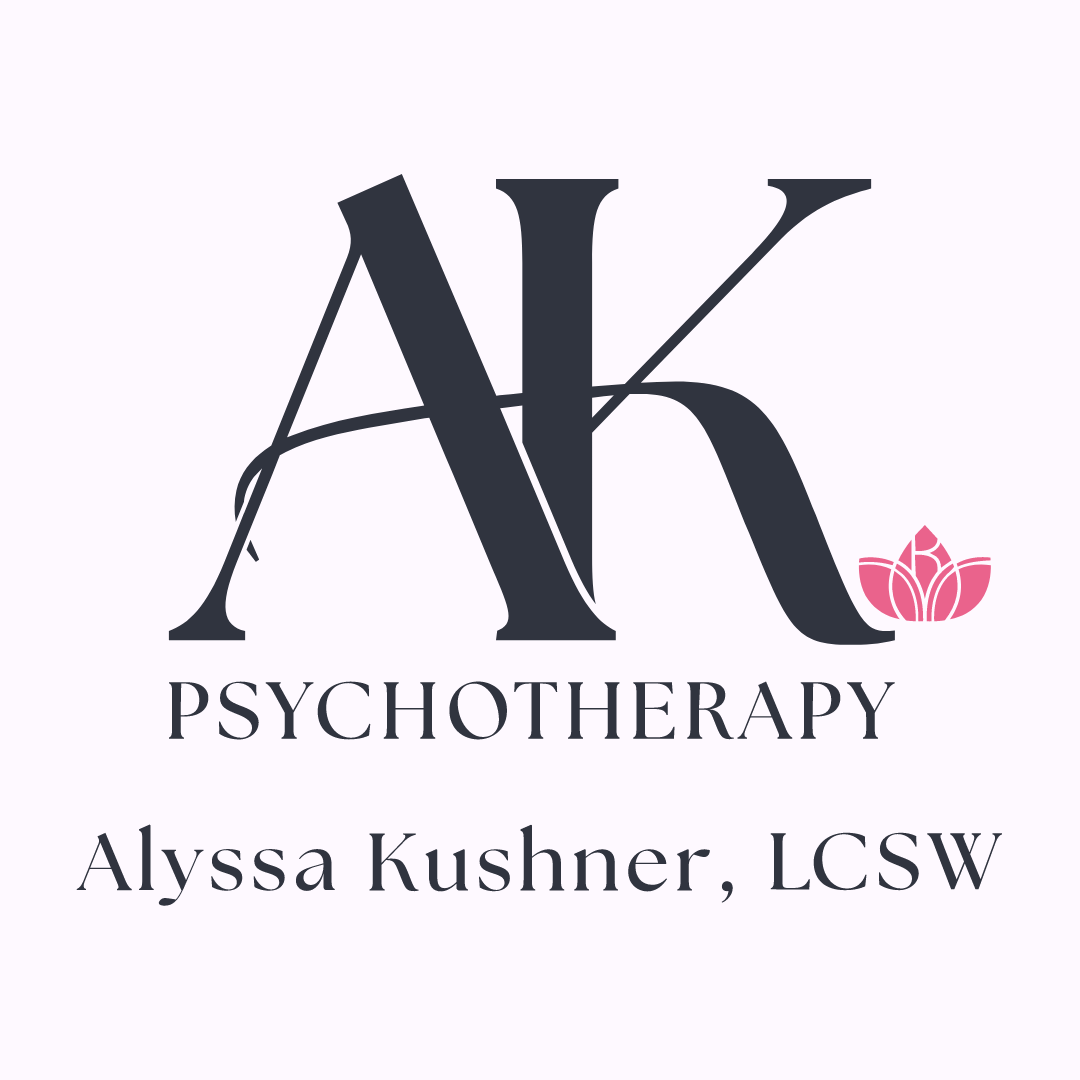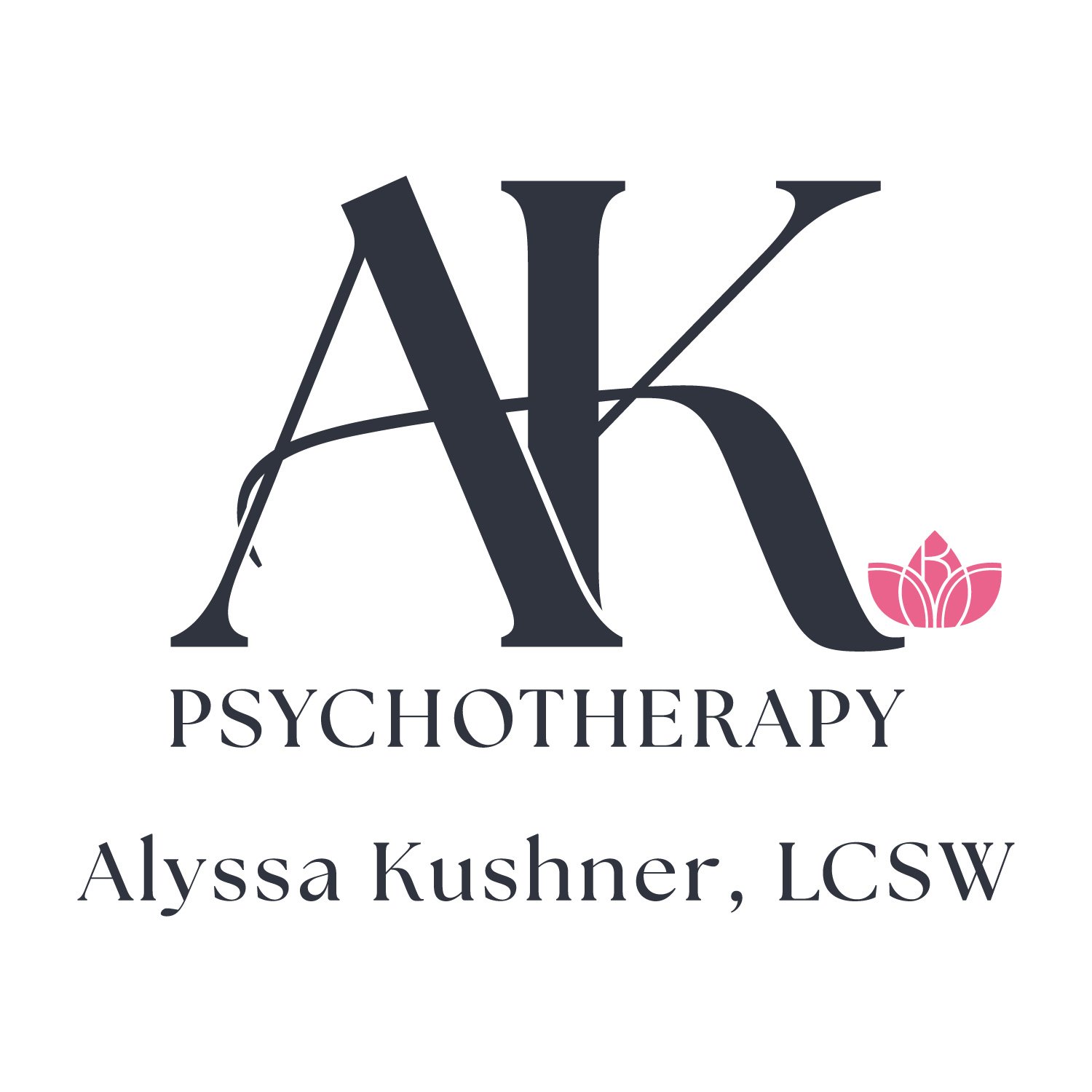Defining Anxiety And Holistic Ways To Manage
Anxiety is a feeling of fear, dread, and uneasiness like an impending sense of doom that something is wrong. It is often accompanied by worrying, fearing about the future, and also shows up physically. Here are some other signs of anxiety:
-Worry, ruminating, or thinking about the future and what if’s
-Irritability, uneasiness, sense of doom
-Panic, fear, perceiving danger, increase heart rate
-Stomach aches, headaches, tension in chest, nausea
-Struggles with sleep, racing thoughts, appetite changes
-Shakiness, heart palpitations, sweating, trembling
-Trouble concentrating, feeling on edge
-Avoidance of things that make you anxious
A healthy dose of anxiety may be triggered by a stressor or something overwhelming and is telling us something and it's needed, but those who have an anxiety disorder have it constantly and it impacts every area of their life and daily functioning.
Here are some tips from a holistic therapist:
1. Sleep
So simple but did you know that not getting enough quality (deep and REM) sleep can make you more anxious the next day? And anxiety disorders (as well as other mental health disorders) are linked to having trouble with sleep. So if you can create a wind down routine before bed that is deeply relaxing, go to sleep and wake up the exact same time every day as best you can, your anxiety may improve a bit.
2. Alcohol use
It's a myth that alcohol alleviates anxiety, it might in the short term for the night but the next day it actually makes your cortisol levels go up so more stress and anxiety. Try to manage drinking less or taking a break from alcohol and see how much easier it is to regulate your anxiety and decrease it. Same with caffeine, make sure if you have any its a lower amount before early afternoon or go on a break.
3. Name the anxiety, note where you feel it, and ask what its telling you
Sounds small, but we often get so lost in having anxiety and it becomes our norm, we don’t identify when we’re experiencing it and where. Start by acknowledging it’s presence and where you are feeling it in the body, for example: it’s in my chest, nausea, stomach aches, feeling panic, in my head. See if it’s telling you anything. Often there was a trigger and the sense of uneasiness is letting you know something. Do you have a lot of stress right now? Did someone text you something that was unsettling? Is there a tough convo to have? Do you have a presentation? Is there fear of getting an illness? Do you know deep down you need to let a relationship go?
4. Energy outlet
Anxiety is very visceral in the body so it's important to do something to move the energy out. It's a myth that just meditating is what you should always do. After noting that you are feeling anxious, try one of the following:
Walk around outside (or run if you like)
Go to the gym and lift weights or take a fitness class
Yoga
Stretch
Breathwork - different than mindfulness, actually pick a 5 minute guided breathing exercise (boxed breath, 4-7-8)
5. Soothing & Grounding
After you've gotten the energy out, then it's great to do something soothing to you and grounding to you - meaning something that brings you into the present moment and into a sense of calm and safety. Note that this doesn’t mean you ignore or push away your anxiety - that will make it linger. Examples of soothing:
Take a hot bath
Rub essential oils on your palms and smell it
Journal
Do a calm space visualization
Mindfulness of your breath
Affirmations/mantras and one hand on your heart
5 senses
Pet your dog or cat
Give yourself a butterfly hug
6. Vitamins, Nutrition, Gut, & Hormone Health
I am not a doctor, dietitian, or medical specialist so please speak to a medical provider. However, I do know there is a connection to your gut & hormone health with anxiety. So, it's important to get your blood checked and see if you have any vitamin deficiencies (for example many people with anxiety often have magnesium deficiency) and get your hormones checked (particularly women - if you can cycle synch you may have better chance of managing anxiety). The ways in which you eat do directly affect your gut which is the center that’ll manage anxiety. For example, if you get whole foods rich in vitamins and nutrients and you get electrolytes this will help with your mental health and mood. Additionally, many anxious people have IBS and other digestive issues which are linked through the gut so taking probiotics and eating pro and prebiotics is helpful. So please connect with a doctor and see if any of these apply to you. Not that this is the answer to anxiety, but a piece of it. Particularly a good step before thinking about medication if thats something you are looking at.
Outside of anxiety management, it’s helpful to learn about the root cause of your anxiety. Where it came from, why it’s there, and then start finding ways to work through it.
If you are ready to do so, I’d be happy to guide you! Please schedule a free 15 minute phone consultation here! Include your name, age, location, and a brief line or two on what you are seeking therapy for at this time.
You can also email me at alyssakushnerlcsw@gmail.com to ask questions or find other availability for a call.
Follow my instagram page for more learning, tools, tips, and inspiration.


